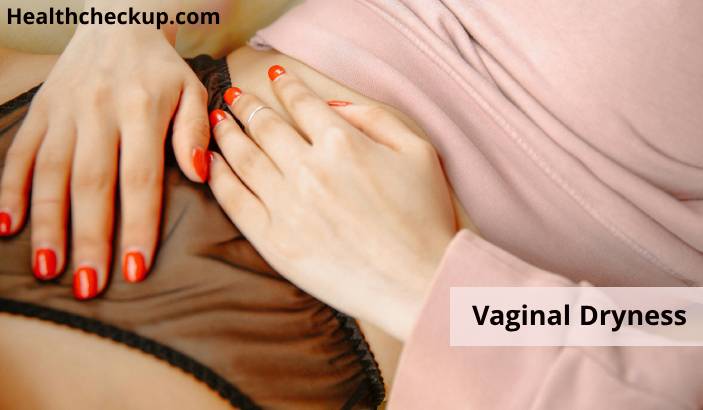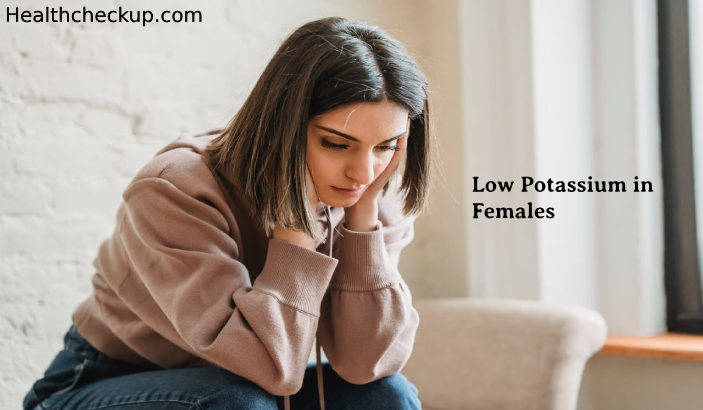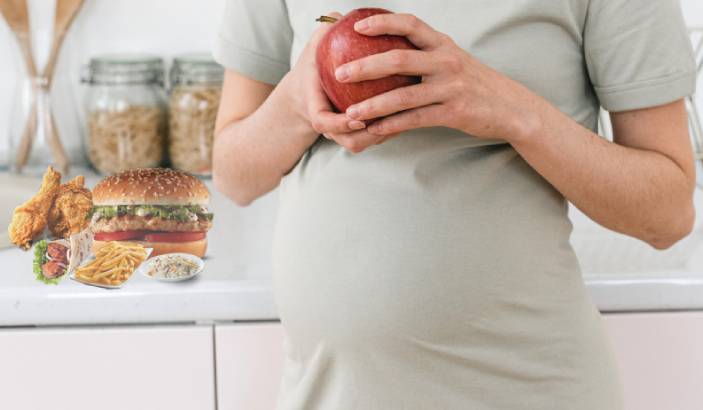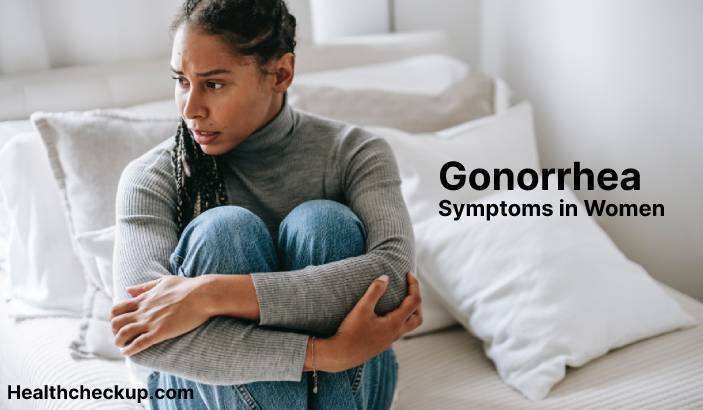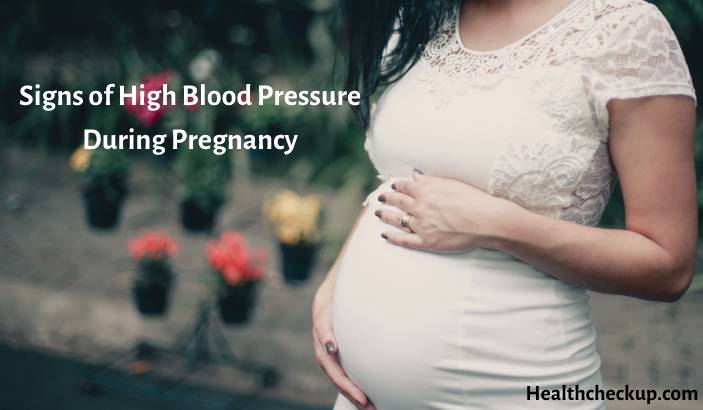Vaginal dryness is a common issue that many women experience at various stages of their lives. One particular time when this can occur is before a menstrual period. Understanding the causes, symptoms, and treatment options for vaginal dryness before a period is essential for managing this condition effectively and maintaining vaginal health.
What is Vaginal Dryness?
Vaginal dryness refers to the lack of adequate lubrication in the vaginal area, which can lead to discomfort, itching, and pain, particularly during intercourse. This condition can significantly affect a woman’s quality of life and sexual health. The vaginal tissues require sufficient moisture to remain healthy and elastic, and a reduction in natural lubrication can cause these tissues to become dry and irritated.
Causes of Vaginal Dryness Before a Period
Several factors can contribute to vaginal dryness before a menstrual period. The most common cause is hormonal fluctuations. Let’s delve into the primary reasons:
- Hormonal Changes:
- Estrogen Levels: Estrogen plays a crucial role in maintaining vaginal lubrication. Before a period, estrogen levels naturally decline, which can lead to reduced vaginal moisture. This hormonal drop is a normal part of the menstrual cycle and can cause temporary dryness.
- Progesterone Levels: Progesterone, another hormone involved in the menstrual cycle, also fluctuates and can affect vaginal lubrication. An imbalance between estrogen and progesterone can exacerbate dryness.
- Stress and Anxiety
- Stress and anxiety can impact hormone levels and overall health, potentially leading to vaginal dryness. Cortisol, the stress hormone, can interfere with the balance of sex hormones, contributing to dryness and other menstrual symptoms.
- Medications
- Certain medications, such as antihistamines, antidepressants, and hormonal contraceptives, can have side effects that include vaginal dryness. These medications may interfere with the body’s natural hormone levels or directly reduce lubrication.
- Dehydration
- Inadequate hydration can affect the entire body, including the vaginal tissues. Staying well-hydrated is essential for maintaining overall health and preventing vaginal dryness.
- Diet and Lifestyle Factors
- A diet low in essential nutrients and healthy fats can affect hormone production and vaginal health. Additionally, smoking and excessive alcohol consumption can contribute to dryness and other vaginal issues.
Symptoms of Vaginal Dryness
The symptoms of vaginal dryness can vary in severity but often include:
- Itching and Irritation: A persistent itch or feeling of irritation in the vaginal area.
- Burning Sensation: A burning feeling, particularly during urination or sexual intercourse.
- Pain During Intercourse: Discomfort or pain during sexual activity, also known as dyspareunia.
- Redness and Swelling: Visible redness and swelling of the vaginal tissues.
- Frequent Urinary Tract Infections (UTIs): Vaginal dryness can increase the risk of UTIs due to irritation and a potential imbalance in the vaginal flora.
Diagnosing Vaginal Dryness
Diagnosing vaginal dryness typically involves a combination of medical history, symptom evaluation, and a physical examination.
- Medical History Review: Discussing any medications, lifestyle factors, and stress levels that might contribute to dryness.
- Symptom Assessment: Evaluating the specific symptoms, their severity, and their impact on daily life.
- Physical Examination: Conducting a pelvic exam to assess the health of the vaginal tissues and identify any signs of dryness, irritation, or infection.
In some cases, additional tests are needed to rule out underlying conditions, such as hormonal imbalances or infections.
Treatment Options for Vaginal Dryness
The treatment for vaginal dryness and itching depends on the underlying cause and the severity of the symptoms. Here are several effective approaches:
Lifestyle Modifications
- Hydration: Ensuring adequate fluid intake to maintain overall hydration and support vaginal health.
- Diet: Consuming a balanced diet rich in essential nutrients, healthy fats, and phytoestrogens (found in foods like soy, flaxseeds, and nuts) to support hormone balance.
- Stress Management: Practicing stress-reducing techniques such as yoga, meditation, or deep breathing exercises to help regulate cortisol levels and support hormonal balance.
Topical Treatments
- Moisturizers: Over-the-counter vaginal moisturizers can provide relief from dryness and are designed for regular use to maintain moisture levels.
- Lubricants: Water-based or silicone-based lubricants can be used during sexual activity to reduce friction and discomfort.
Hormonal Treatments
- Estrogen Therapy: For women experiencing significant hormonal changes, such as those nearing menopause, low-dose vaginal estrogen creams, tablets, or rings can be prescribed to increase local estrogen levels and improve lubrication.
- Hormone Replacement Therapy (HRT): In some cases, systemic HRT may be recommended to balance overall hormone levels and alleviate symptoms of dryness.
Alternative Therapies
- Herbal Supplements: Some women find relief with herbal supplements like black cohosh or evening primrose oil, which are thought to support hormonal balance. However, it’s important to consult with a healthcare provider before starting any supplement regimen.
- Acupuncture: This traditional Chinese medicine technique helps alleviate symptoms by promoting hormonal balance and reducing stress.
Preventing Vaginal Dryness
Preventing vaginal dryness involves maintaining good overall health and being mindful of factors that can contribute to dryness. Here are some preventive measures:
- Regular Check-Ups: Routine gynecological exams to monitor vaginal health and address any issues early.
- Avoiding Irritants: Using mild, unscented soaps and avoiding douches or harsh feminine hygiene products that can disrupt the natural vaginal environment.
- Maintaining Healthy Relationships: Open communication with sexual partners about comfort and lubrication during intercourse.
When to See a Doctor
While vaginal dryness is often a temporary and manageable condition, it’s important to seek medical advice if:
- Symptoms are severe or persistent.
- Over-the-counter treatments do not provide relief.
- There is a significant impact on sexual activity or quality of life.
- Other symptoms, such as unusual discharge or persistent pain, accompany the dryness.
Vaginal dryness and itching before a period is a common issue that many women experience due to hormonal fluctuations, stress, medications, and lifestyle factors. Recognizing the symptoms and understanding the causes can help in finding effective treatments and preventive measures. By making lifestyle adjustments, using topical treatments, and seeking medical advice when necessary, women can manage vaginal dryness and maintain their vaginal health and overall well-being.
I specialize in writing about health, medical conditions, and healthcare, drawing extensively from scientific research. Over the course of my career, I have published widely on topics related to health, medicine, and education. My work has appeared in leading blogs and editorial columns.


